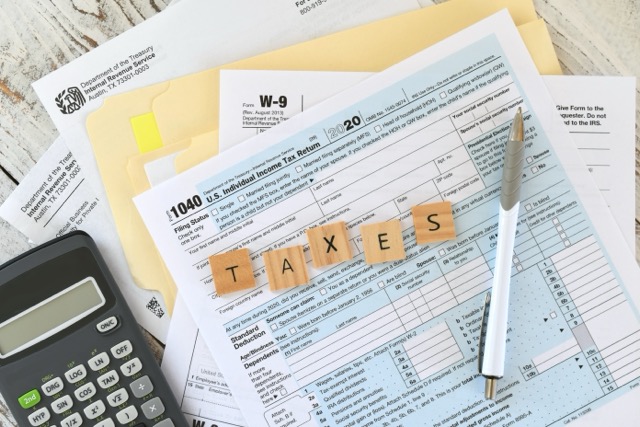Can You Claim Rental Property Deductions On E-File.com?
Navigating the world of rental property deductions can be daunting for property owners, especially when it comes to filing taxes online. E-File.com offers a convenient platform for taxpayers to claim various deductions, including those associated with rental properties. Understanding the ins and outs of these deductions not only maximizes your potential tax refund but also ensures compliance with IRS regulations. This article explores whether you can claim rental property deductions on E-File.com, eligibility criteria, a step-by-step guide to the process, and common pitfalls to avoid.
Understanding Rental Property Deductions on E-File.com
Rental property deductions allow landlords to reduce their taxable income by claiming expenses related to the upkeep and management of their rental properties. These expenses may include property taxes, mortgage interest, repairs, and even depreciation. E-File.com simplifies the process by providing tools and resources that help taxpayers understand which deductions they can claim and how to accurately report them on their tax returns.
Using E-File.com to claim rental property deductions can be highly beneficial, as the platform typically offers a user-friendly interface and step-by-step guidance. Additionally, the software is designed to automatically calculate your deductions based on the information you provide, lessening the potential for human error. This can be especially helpful for first-time filers or those who may not be well-versed in tax terminology.
Eligibility Criteria for Claiming Deductions Effectively
To effectively claim rental property deductions, it’s crucial to meet certain eligibility criteria. Firstly, the property must generate rental income, and you must actively participate in its management. This means you should be involved in decisions regarding the property, such as setting rental rates and handling tenant issues. If the property is purely for personal use, you will not be able to claim these deductions.
Additionally, it’s important to maintain accurate records of all expenses related to the rental property. The IRS requires documentation to substantiate the claims made on your tax return, and E-File.com will often prompt you for this information as you fill out your return. Keeping receipts, invoices, and any other relevant documents organized will facilitate a smoother filing experience and ensure that you meet the eligibility requirements.
Step-by-Step Guide to Filing Deductions via E-File
Filing rental property deductions on E-File.com is a straightforward process that can be broken down into manageable steps. First, you’ll need to create an account on E-File.com and select the appropriate tax form for your situation, typically Form 1040 along with Schedule E for supplemental income. Once you’ve accessed the required forms, the platform will guide you through entering your rental income and expenses.
Next, be prepared to input specific details about your property, including the total rent received and a comprehensive list of deductible expenses. E-File.com may include helpful prompts to ensure you don’t miss any possible deductions, such as utilities, repairs, and property management fees. After completing the form, double-check all entries for accuracy before submitting your return electronically.
Common Mistakes When Claiming Rental Property Deductions
Claiming rental property deductions can be tricky, and several common mistakes can hinder your filing process. One prevalent error is failing to report all rental income, as even small amounts must be disclosed to the IRS. Omitting income can lead to penalties and increased scrutiny of your tax return. E-File.com can assist in tracking your income; however, it’s your responsibility to ensure that all income streams are accurately reported.
Another frequent misstep involves incorrectly categorizing expenses or failing to keep supporting documentation. Many taxpayers mistakenly classify personal expenses as deductible, which can be flagged by the IRS. Moreover, without adequate records to validate your claims, you risk losing out on legitimate deductions if audited. It’s crucial to maintain meticulous records of all expenses and consult E-File.com’s resources for guidance on acceptable deductions.
Claiming rental property deductions on E-File.com can significantly impact your overall tax liability, offering potential savings for property owners. By understanding the deductions available, meeting eligibility requirements, following a step-by-step filing guide, and avoiding common mistakes, you can ensure a smooth tax filing experience. As with any financial undertaking, being well-informed and organized will serve you best. Whether you are a seasoned landlord or a first-time filer, leveraging the tools available on E-File.com can help you maximize your deductions and simplify the tax process.
